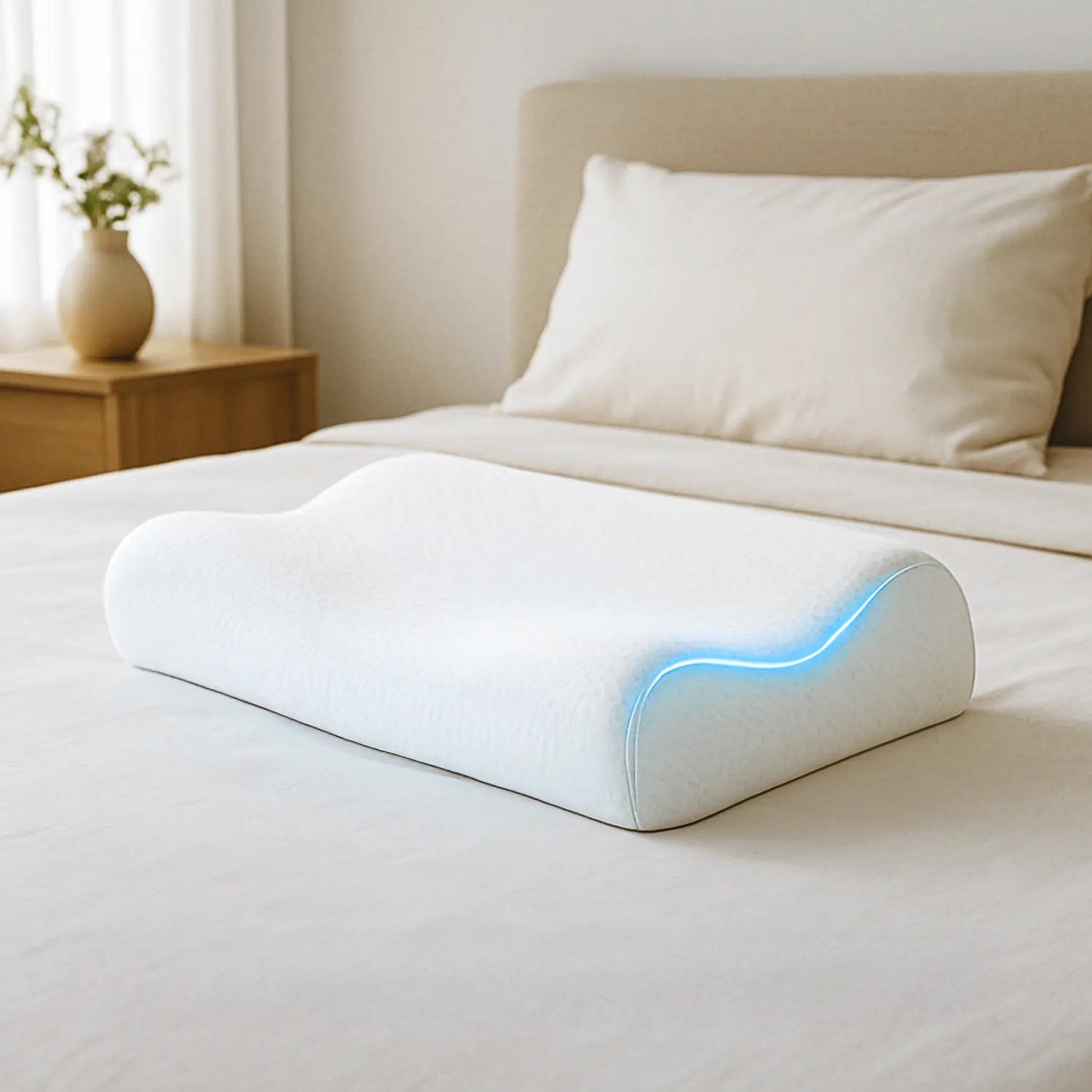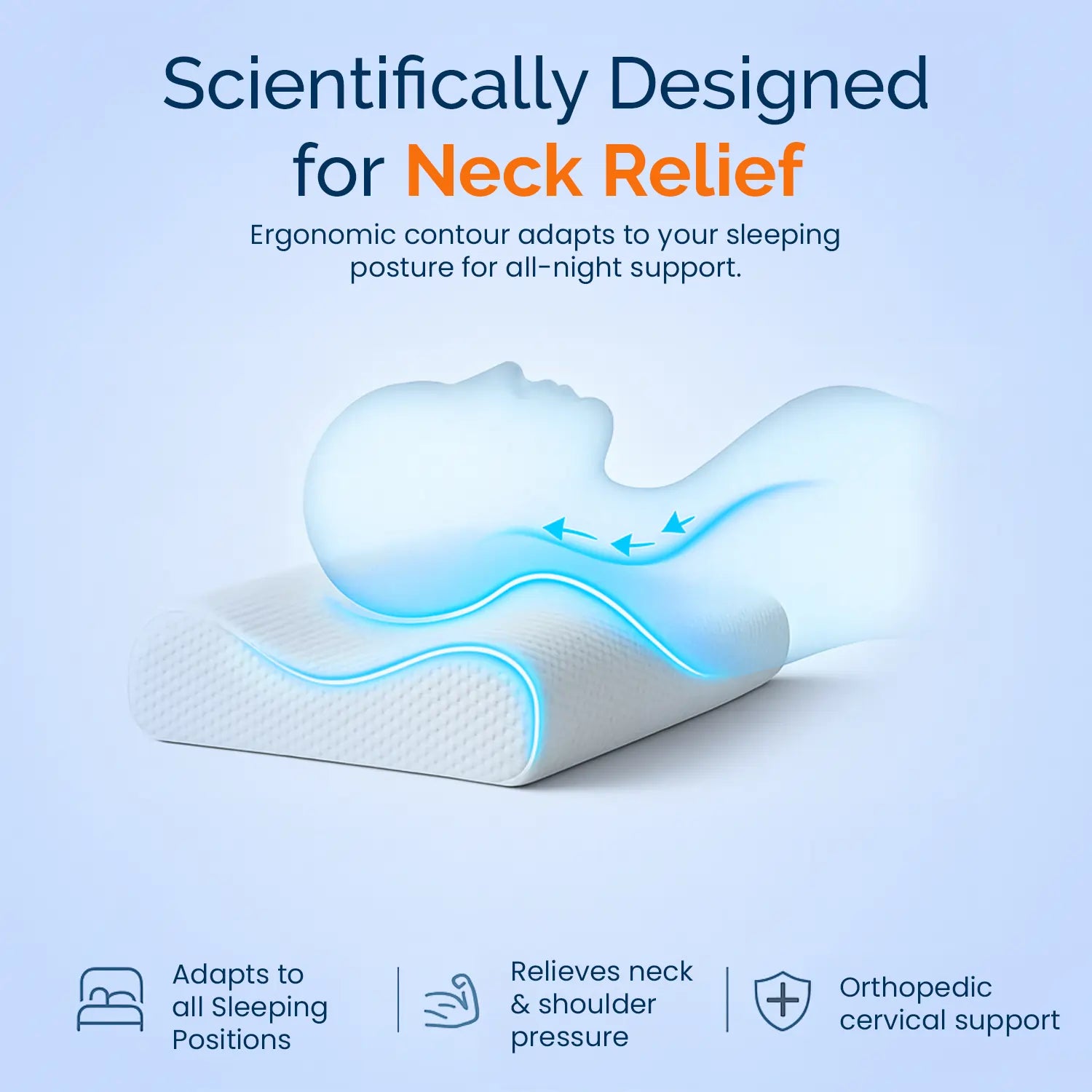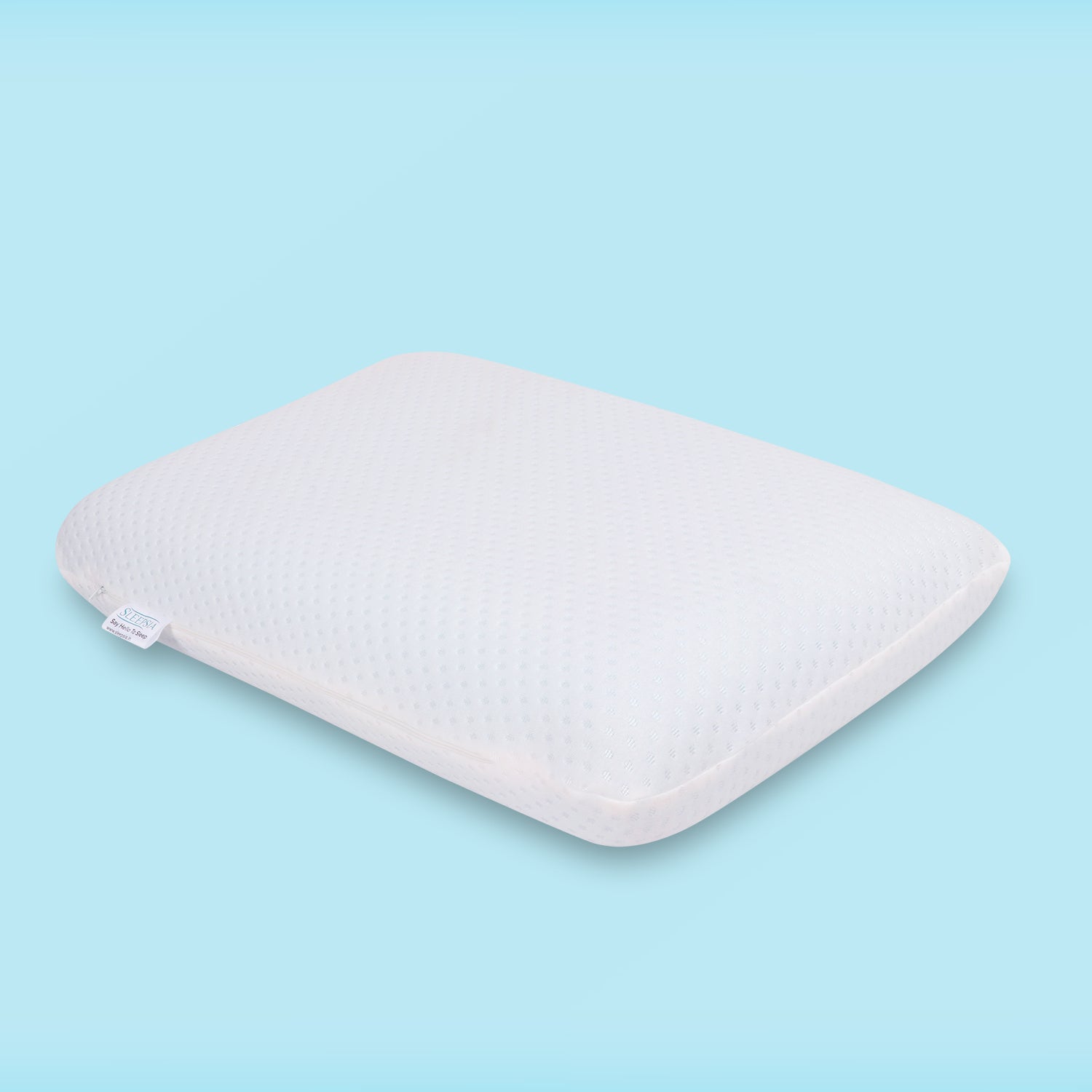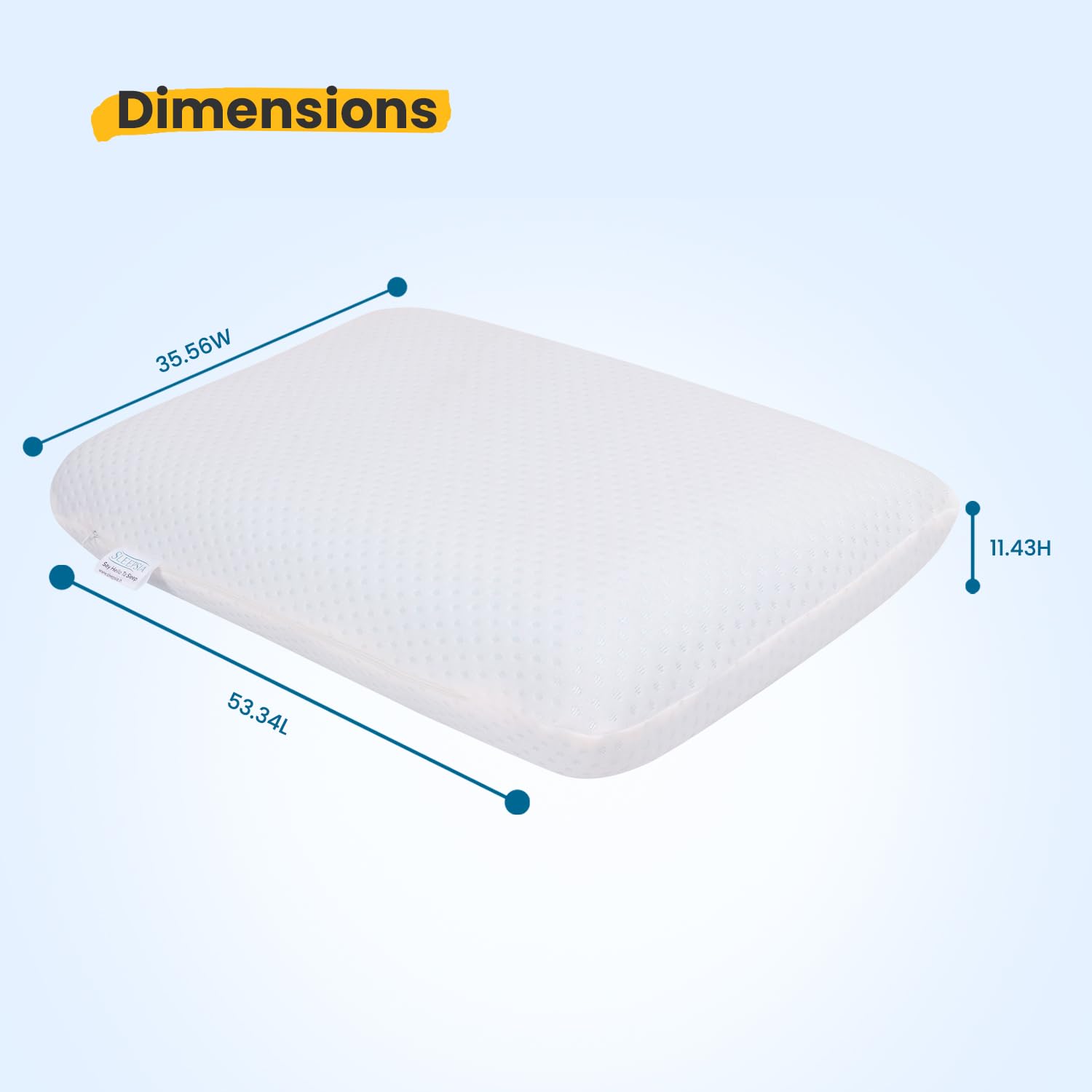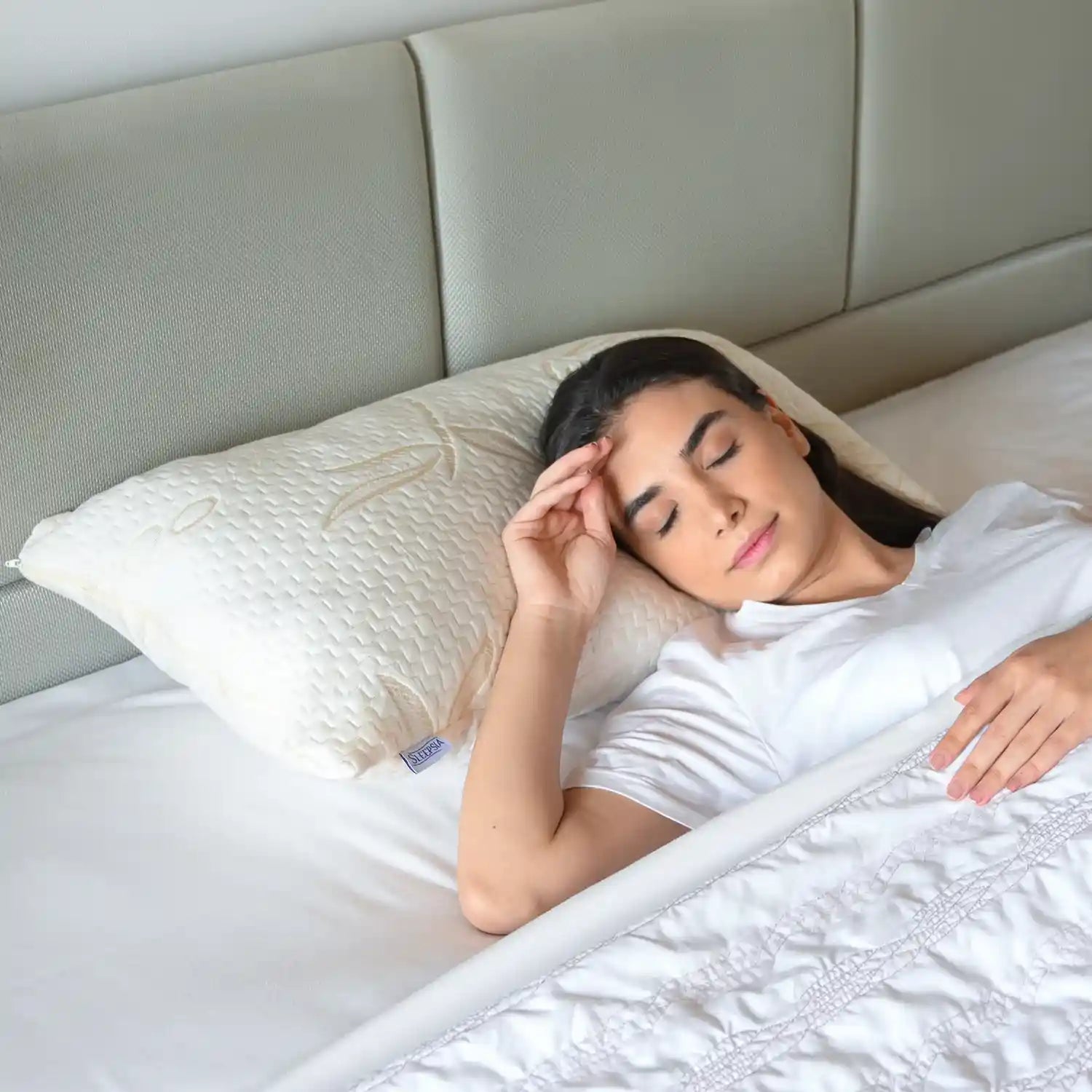
Sleep Disorders and Problems
If you're not well then that doesn't only impact on your health and wellness, it also affects your career and finances. This is why it's so important to have a strong night's sleep when possible. This can be difficult with any obstacle, but fear not – there are many ways to manage this challenge more effectively in order to ensure healthy, uninterrupted slumber and good quality productivity throughout the day.
Recommended Products
What is a Sleep Disorder?
Sleep disorders are problems with your sleep that can impact your health and overall well-being. There are a variety of sleep disorders, each with its own set of symptoms. If you’re experiencing sleep difficulties, it’s important to talk to your doctor about them. Here are some of the most common sleep disorders:
- Narcolepsy
- Obstructive sleep apnea
- Restless leg syndrome
- Circadian rhythm disorder (24-hour clock problem)
Types of Sleep Disorders
There are many different types of sleep disorders, each with its own set of symptoms. Here is a breakdown of the most common ones:
- Insomnia: This is the most common sleep disorder and refers to problems falling asleep or staying asleep. Causes can include anxiety, stress, environment noise, and medication side effects. Treatment typically includes lifestyle changes (like reducing caffeine intake), medications (like sedatives or antidepressants), or a combination of both.
- Sleep apnea: This condition causes people to intermittently stop breathing during sleep, leading to fatigue, headaches, and other issues. The problem often stems from abnormalities in the respiratory system (like a narrow airway or excess tissue in the throat). Treatment usually includes a comprehensive sleep study to identify the problem and prescribe the appropriate treatments.
- Restless leg syndrome: This condition causes sporadic episodes of muscle cramps and discomfort in the legs. It’s thought to be caused by nerve compression in the lower extremities due to immobility or poor posture at night. Treatment typically includes rest, exercise, and pain relief creams/medications.
- Narcolepsy: This rare disorder causes people to fall asleep suddenly and without warning (known as "sleep attacks"). Narcolepsy is often associated with strong emotions (like sadness or anger), which may trigger episodes of sleepiness. There’s currently no cure for narcolepsy but treatments range from medications to surgery.
- Circadian rhythm disorders: These occur when the body’s internal clock is misaligned with the external environment (like daylight hours). Shift workers or frequent travelers across time zones are especially prone to this. Treatment often includes light therapy, melatonin supplements, and adjusting sleep schedules gradually.
- Parasomnias: These are disruptive sleep-related behaviors that can include sleepwalking, night terrors, talking in sleep, and even eating during sleep. They typically happen during transitions between sleep stages and may be triggered by stress, medications, or lack of sleep. Treatment depends on the specific behavior but can include stress management and medication.
- Bruxism (teeth grinding): This involves involuntary grinding or clenching of teeth during sleep, often leading to jaw pain, headaches, or dental issues. It’s often linked to stress or anxiety. Treatment can include wearing a night guard, stress reduction techniques, and dental correction if needed.
- Hypersomnia: This refers to excessive daytime sleepiness even after a full night's rest. It can be a disorder on its own or a symptom of another condition like sleep apnea or depression. Treatment usually involves identifying and addressing the underlying cause, along with medications to improve wakefulness.
Who is at Risk for Sleep Disorders?
There is no one-size-fits-all answer to this question, as the risks for sleep disorders vary depending on a person's age, sex, and lifestyle. However, there are some general factors that are associated with an increased risk of developing a sleep disorder. These include:
- Age: Sleep disorders are more common as people get older.
- Sex: Women tend to experience more sleep problems than men do.
- Lifestyle: People who have irregular work hours or are frequently on the go are at greater risk for developing sleep disorders.
- Medications: Some medications can make it difficult to get enough sleep.
Why do We Sleep?
Sleep is an essential behavior for humans. It is required for proper mental and physical health. There are many benefits to getting a good night's sleep, including: improved cognitive function, decreased inflammation, increased energy levels, reduced anxiety and stress levels, better moods and memories, and reduced risk of chronic disease.
There are many reasons why people might experience difficulty sleeping. Some of the most common causes include:
- Stressful life events or relationships: Many people experience stressors in their lives that can keep them from getting a good night's sleep. This can lead to feelings of anxiety or depression, which can in turn cause problems sleeping.
- Genetics: Some people are more likely to experience problems sleeping than others based on their genetics. This means that there is nothing that you can do to change it, but you can make sure to take care of yourself mentally and physically so that you don't aggravate the issue.
- Poor sleep habits: If you have bad sleep habits such as drinking alcohol before bed or working late into the evening, it can be difficult to get a good night's sleep. Over time this can lead to more problems sleeping overall.
- Sleeping in on weekends: A lot of people find it easier to get a good night's sleep on weekends because they haven't had anything else scheduled for that day other than sleeping. This allows them to relax and fall asleep faster without having any stimulants in the environment around them.
Causes of Sleep Disorder
Sleep is one of the most important functions of the body and it's vital that you get enough of it. But sometimes sleep can be disrupted, which can lead to a sleep disorder. Here are some common causes of sleep disorder and how to make sure you're getting the proper amount:
- Shift Work Disorder: This condition is caused when people who work night shifts find it difficult to get enough sleep during the day. They may have trouble falling asleep or staying asleep, and may experience fatigue and irritability.
- Sleep Apnea: This is a serious problem that affects up to 25 percent of adults over age 50, and is caused when breathing becomes interrupted during sleep. This can lead to problems with daytime wakefulness, memory, and concentration.
- Chronic Stress: Chronic stress can disrupt your natural sleep pattern in a number of ways, including increasing anxiety and making it harder to fall asleep or stay asleep.
- Trauma And Abuse: Exposure to violence or sexual abuse before birth can affect a person's ability to fall asleep or stay asleep later in life. Experiencing chronic stress or trauma also can lead to problems sleeping.
- Medications: Some medications – like antidepressants – can cause drowsiness or difficulty sleeping. Other medications, like birth control pills, can interfere with your normal sleep schedule by causing periods of insomnia.
How to Deal with a Sleep Disorder?
If you’re having trouble sleeping, there are a few things you can do to address the issue. First, make sure you’re getting enough sleep. Sleep deprivation can cause all sorts of problems, from headaches to depression. Try to get at least seven hours of sleep each night.
If that doesn’t help, consider trying a sleep schedule change. Many people find it helpful to switch between two different sleep schedules: going to bed and waking up at different times each day, or going to bed and waking up at the same time but then spending some time in daytime relaxation before going back to sleep.
Another option is medication. Some common medications used to treat sleep disorders include antidepressants and hypnotics (medications used to induce or maintain drowsiness). It’s important to discuss any potential medications with your doctor before starting them, as side effects can be serious and may require adjustments in dosage or discontinuation of the medication altogether.
If none of these solutions work for you, see a specialist. A specialist will be able to recommend additional treatments tailored specifically for your situation.
How to Prevent Sleep Disorders with Pillows?
There are many benefits to using pillows to help prevent sleep disorders. Pillows can be used as a way to adjust your body’s position throughout the night, which can prevent or reduce pressure and pain on various parts of the body. Additionally, pillows can help create a more comfortable environment for sleeping by increasing the volume and temperature of the bedding.
Some common sleep disorders that may be improved with pillow use include neck pain, shoulder pain, headaches, and snoring. To find the right pillow for you, consider your sleeping habits and preferences. Some people like to sleep on their side while others prefer to sleep on their back. Additionally, some people may want a thicker pillow while others prefer a thinner pillow.
To ensure you are getting the most benefit from your pillow, make sure you follow these guidelines:
- Find a comfortable position before bedtime. This includes setting up your bed so that you are not lying in any specific position and making sure there is room to move around without worrying about bumping into something else in the room.
- Adjust your pillow according to how you feel during the night. If you find that you are uncomfortable after initially adjusting your pillow, try adding another layer of padding or changing to a different type of pillow altogether. You can also rotate your pillow every few weeks to ensure it is providing consistent support throughout the night.
Significance of Sleepsia Pillows
Some people believe that the perfect pillow can help improve your sleep quality. However, there is no one pillow that works for everyone. What’s more, there are many different types of pillows that can have different effects on your sleep.
Here are four reasons why you might want to consider using a Sleepsia pillow:
- These Pillows can help in relieving out pain or pressure in your head and neck.
- They can improve blood circulation and reduce inflammation.
- They can promote better sleep by providing support for your head, neck, and spine.
- Some people find that they fall asleep faster and stay asleep longer when they use a Sleepsia cervical pillow.
